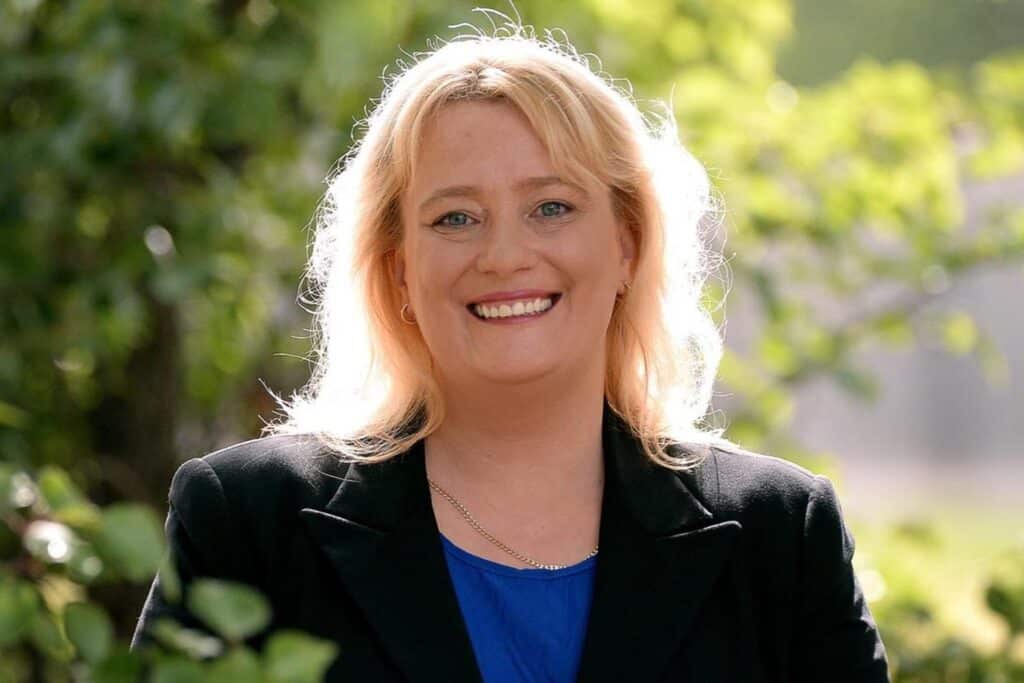The number of women in leadership roles within Victorian sporting organisations has doubled since 2017, according to new research.
Announced today as part of Victoria’s nation-leading Balance the Board policy, the Deakin University findings show the policy has led to a significant increase in women on sporting boards in the state.
The findings also show that these organisations have improved board performance, culture and decision-making.
“This new research shows the many benefits that come from gender balance in the leadership of sporting organisations,” said Victoria’s Minister for Community Sport Ros Spence.
”We are focused on breaking down barriers for women and girls in sport, ensuring that everyone in Victoria has the opportunity to take part in the sports they love.”
Since 2019, Balance the Board has required a minimum of 40 per cent representation of women on boards at state sport and recreation organisations in order for them to be eligible for community sport funding. This was in response to Recommendation 3 of the 2015 Inquiry into Women and Girls in Sport and Active Recreation.
In 2017, only 45 per cent of funded state sporting bodies had at least 40 per cent women directors. The number of state sporting bodies has jumped to 90 per cent since the policy came into effect, with at least 40 per cent of women directors.
Women leaders bring a wealth of skills and knowledge
The research also found board processes improve when steps are taken to attract and retain women. Having women on boards has also been shown to improve the experience for other women directors.
“When more women were part of boards, our research found women directors brought a focus to crucial skills including governance, strategic planning, risk management and sport knowledge to their positions. Thus, board processes became more professionalised in response to increasing more women on boards,” said Deakin University’s Professor Pamm Philips.
The Director of the Office for Women in Sport and Recreation, Sarah Styles also praised the increase of women on boards, saying: “Women bring a wealth of skills and experience to sporting boards, which in turn elevates the important role these organisations have in the governance and decision making of sport and active recreation in Victoria.”
Victorian sporting organisations are in agreement as well, with the research showing 80 per cent said the Balance the Board policy was important in driving women’s leadership on their boards.
One such organisation, Little Athletics Victoria, achieved a gender balanced board through constitutional change and having more women in leadership roles. They now have five women on a board of eight members.
CEO of Little Athletics Victoria Anthony McIntosh said that this has contributed to “a positive shift in culture, and having more women in leadership roles across all levels of our sport”.
Strategies to attract and retain women on boards
The attitudes of organisations have proven key in driving change, as achieving the target of at least 40 per cent of women on boards was a process that required effort and commitment, the report says.
The research found that most sport and active recreation organisations implemented several strategies to attract and retain women on their board. These included ensuring structured recruitment where positions were advertised in ways that best targeted women as well as building an inclusive board culture to retain women.
Within the report is a set of recommendations aimed at organisations to support gender diversity on their boards.
Men in leadership positions are encouraged to recognise the powerful role they can play in supporting gender diversity within sport.
It’s also recommended that board recruitment be based on the skills required for the board (using a skills matrix), and women candidates are recognised for the skills they bring, rather than their gender. And enforcing a board code of conduct that determines acceptable standards of behaviour so that women do not feel marginalised or excluded in board discussions.


